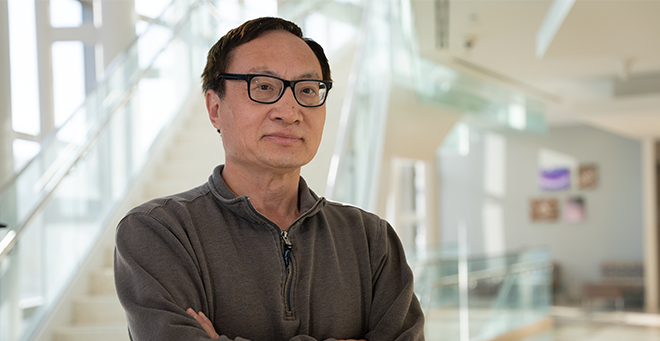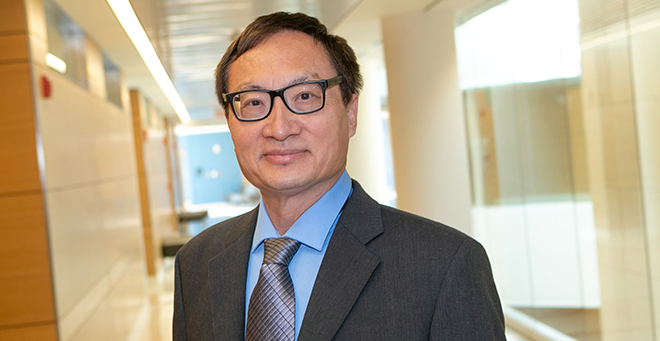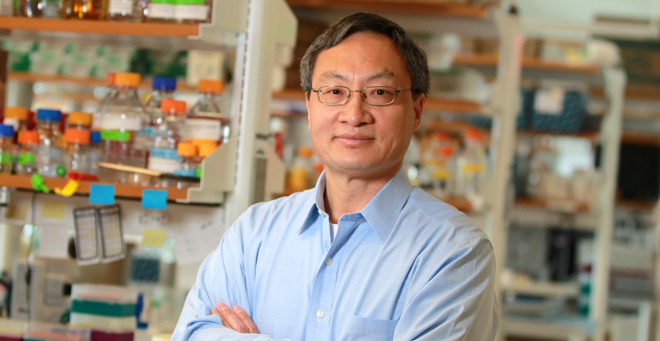
Our lab employs a combination of molecular, cellular, genetic, and behavioral approaches to dissect pathogenic mechanisms of frontotemporal dementia (FTD) and amyotrophic lateral sclerosis (ALS). Using Drosophila, mouse models, and patient-specific induced pluripotent stem cells (iPSCs), we aim to identify key underlying pathogenic pathways as potential targets for therapeutic interventions.







